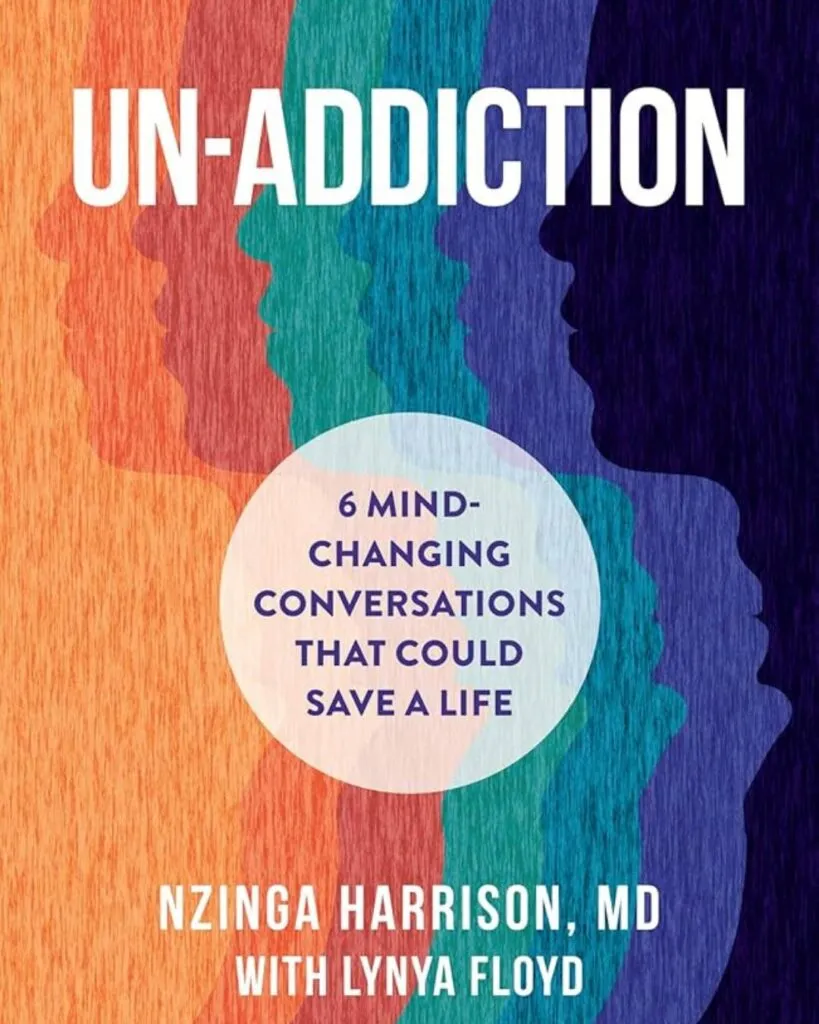Substance use is one of the most under-discussed issues in the workplace – even in organizations dedicated to behavioral health and recovery. According to the National Safety Council, more than 75% of adults with substance use disorder (SUD) are employed, yet many hesitate to seek support at work out of fear of stigma, judgment, or even career repercussions.
At Eleanor Health, we know that addiction is not a moral failing or a disciplinary issue – it is a chronic, treatable medical condition. But we also know that stigma often silences people when they most need community and care. So, what happens if you notice a colleague who may be struggling? How do you show concern without putting their job – or your relationship – at risk?
Ignoring warning signs of substance use doesn’t make them go away. Instead, it can impact the individual, their family, their team, and even workplace safety. On the other hand, approaching with compassion and care can create a safe space for a colleague to take the next step toward support.
These conversations are not about “catching” someone or going straight to HR or leadership. They are about being human. For many people, a kind and non-judgmental outreach from a peer can be the spark that opens the door to recovery.

Dr. Nzinga Harrison, co-founder and chief medical officer at Eleanor Health, outlines a structure for having these sensitive conversations in her book UN-ADDICTION:
Here at Eleanor Health, we talk about how colleagues can only do so much on their own – workplaces need to build systems of support:
When leadership invests in a supportive culture, employees feel safer to reach out – and colleagues feel more confident stepping into these conversations.
We each play a role in reducing stigma and building workplaces where recovery is possible. For colleagues, that means approaching one another with kindness and care. For HR and leadership, it means putting policies and programs in place that prioritize people over punishment.
If you’re concerned about someone at work, remember: a single compassionate conversation can plant a seed of hope. And if you’re in a position of leadership, your policies and practices can create the environment where those seeds grow.
Together, we can create workplaces where people don’t have to choose between protecting their careers and protecting their health.